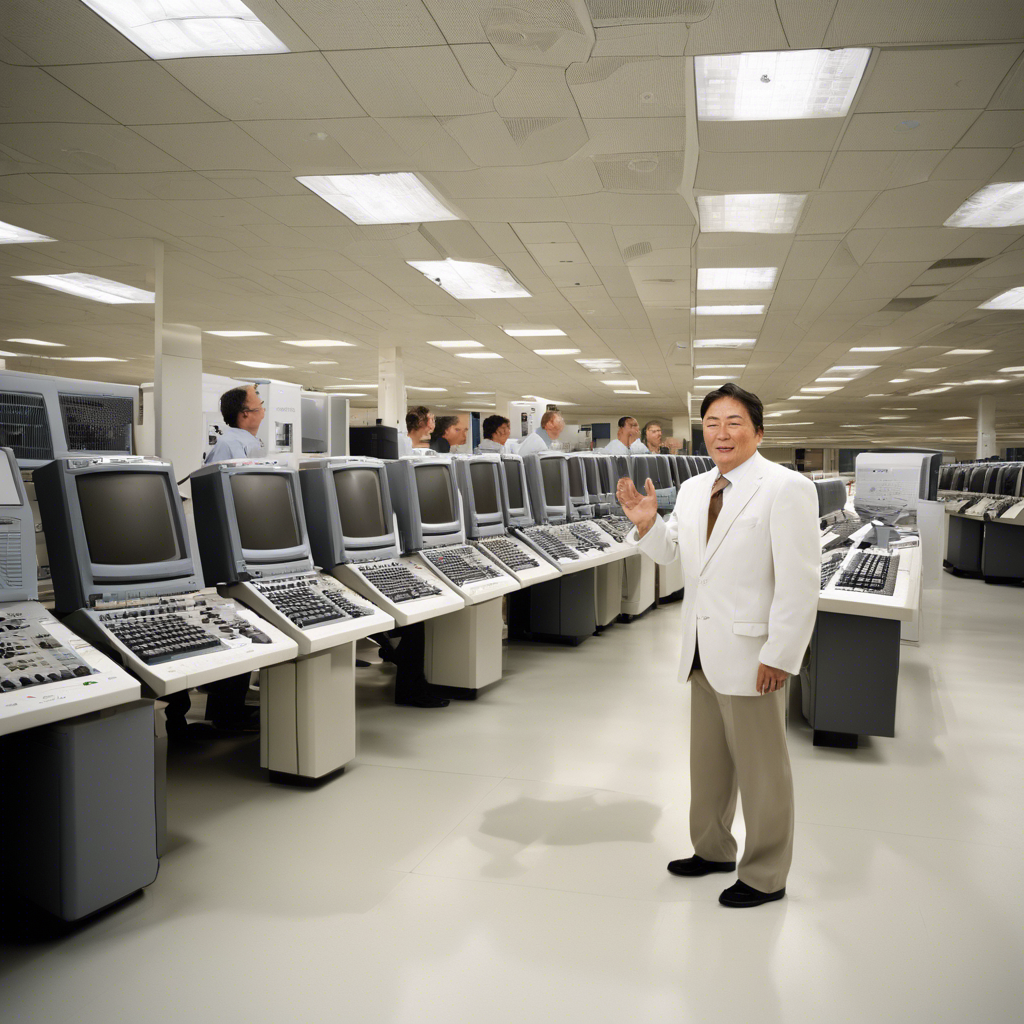End of an Era for Electronics Giant Toshiba

A Spectacular Fall from Grace for Japan’s Former Industrial Powerhouse
Once a symbol of Japan’s technological prowess, Toshiba has officially been delisted from the Tokyo Stock Exchange, marking the end of a 74-year history. The company’s decline began in 2015 when accounting malpractices and corporate governance issues came to light. Overstating profits, collusion with the trade ministry, and the collapse of its nuclear business all contributed to Toshiba’s downfall. Forced to sell off key assets and battle with activist shareholders, the company eventually agreed to be taken over by a group of Japanese investors. As Toshiba enters a new chapter, the focus will be on high-margin digital services to revive the brand’s fortunes.
Accounting Malpractices and Governance Issues
The first blow to Toshiba’s reputation came in 2015 when it was revealed that the company had been overstating its profits for seven years, amounting to $1.59 billion. This revelation exposed accounting malpractices across multiple divisions, implicating top management. The scandal tarnished Toshiba’s image and eroded investor trust in the company.
Collusion and Foreign Investor Uncertainty
In 2021, an investigation uncovered collusion between Toshiba and Japan’s trade ministry, aimed at suppressing the interests of foreign investors. This revelation had far-reaching implications, as it cast doubt on the integrity of Japan’s stock market as a whole. Foreign investors became uncertain about investing in Japanese stocks, impacting not just Toshiba, but the entire market.
The Nuclear Business Collapse
Toshiba’s troubles deepened when its US unit, Westinghouse Electric, filed for bankruptcy in 2017. Toshiba had to bear the brunt of the collapse, facing over $6 billion in liabilities and a collapse of its nuclear business. To mitigate the crisis, Toshiba was forced to sell off various businesses, including mobile phones, medical systems, and white goods. The sale of its prized asset, Toshiba Memory, was delayed due to disputes with partners.
Activist Shareholders and Internal Battles
To secure a cash injection and avoid delisting, Toshiba accepted a $5.4 billion investment from overseas shareholders in 2017. However, this move gave activist shareholders more influence over the company’s direction. Protracted battles ensued, leading to internal paralysis and a lack of strategic focus. The question of whether Toshiba should split into smaller companies was debated extensively, eventually resulting in the formation of a committee to explore the possibility of going private.
The Takeover and Future Prospects
In June 2022, Toshiba received eight buyout proposals, ultimately agreeing to be taken over by a group of Japanese investors led by state-backed Japan Investment Corp (JIC) for $14 billion. The new owners’ plans for Toshiba’s revival remain unclear, but outgoing chairman Osamu Nagayama has indicated that high-margin digital services will be a key focus. JIC has a track record of successfully carving out businesses from major manufacturers, such as Sony’s Vaio laptop division, which achieved record sales under JIP’s ownership.
Conclusion:
Toshiba’s delisting from the Tokyo Stock Exchange marks the end of an era for the once-prominent electronics giant. Accounting scandals, governance issues, the collapse of its nuclear business, and battles with activist shareholders have all contributed to its downfall. The takeover by a group of Japanese investors presents an opportunity for Toshiba to reinvent itself. With a focus on high-margin digital services, the new owners aim to revive the brand’s fortunes. Only time will tell if Toshiba can reclaim its former glory in the ever-evolving world of technology.

